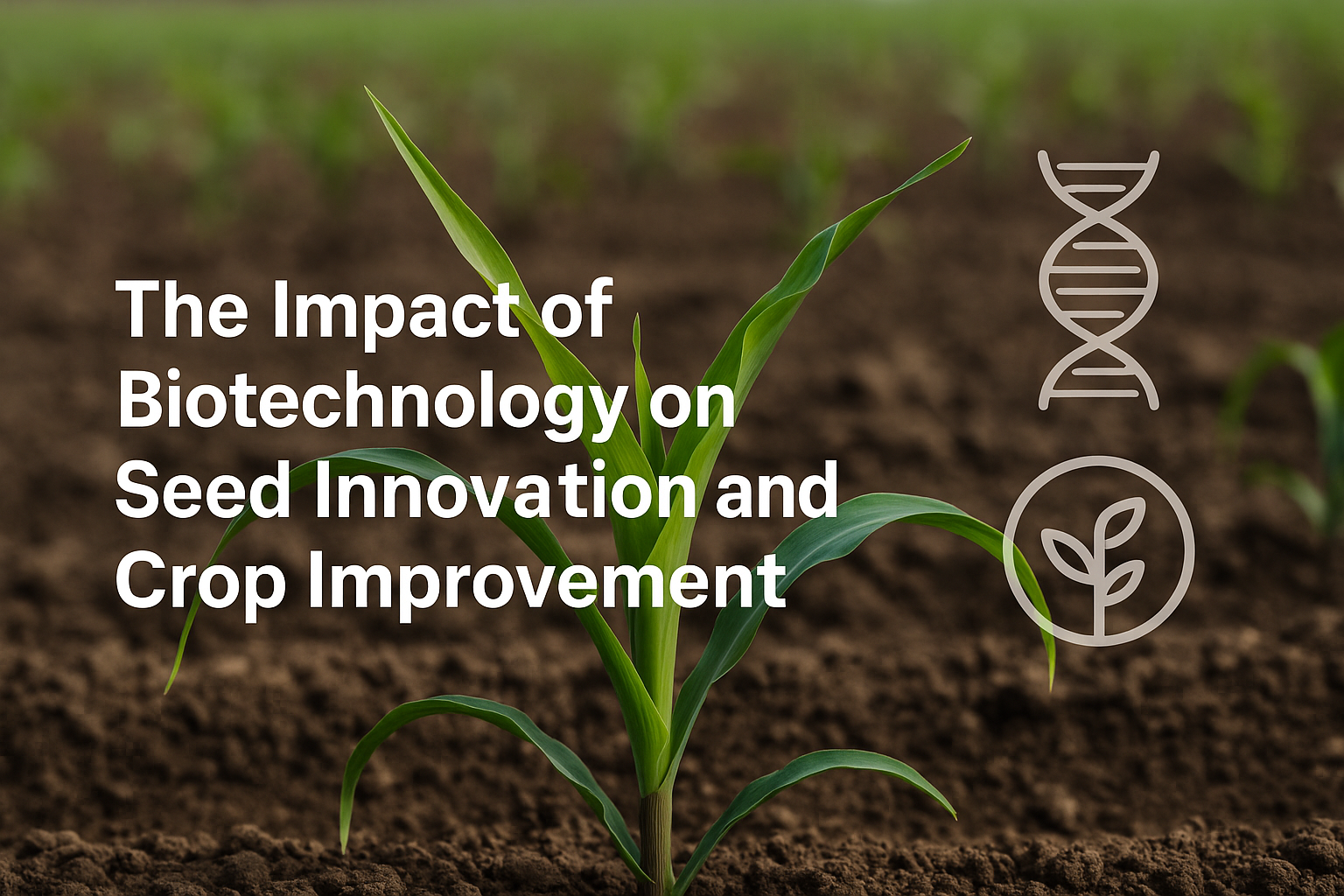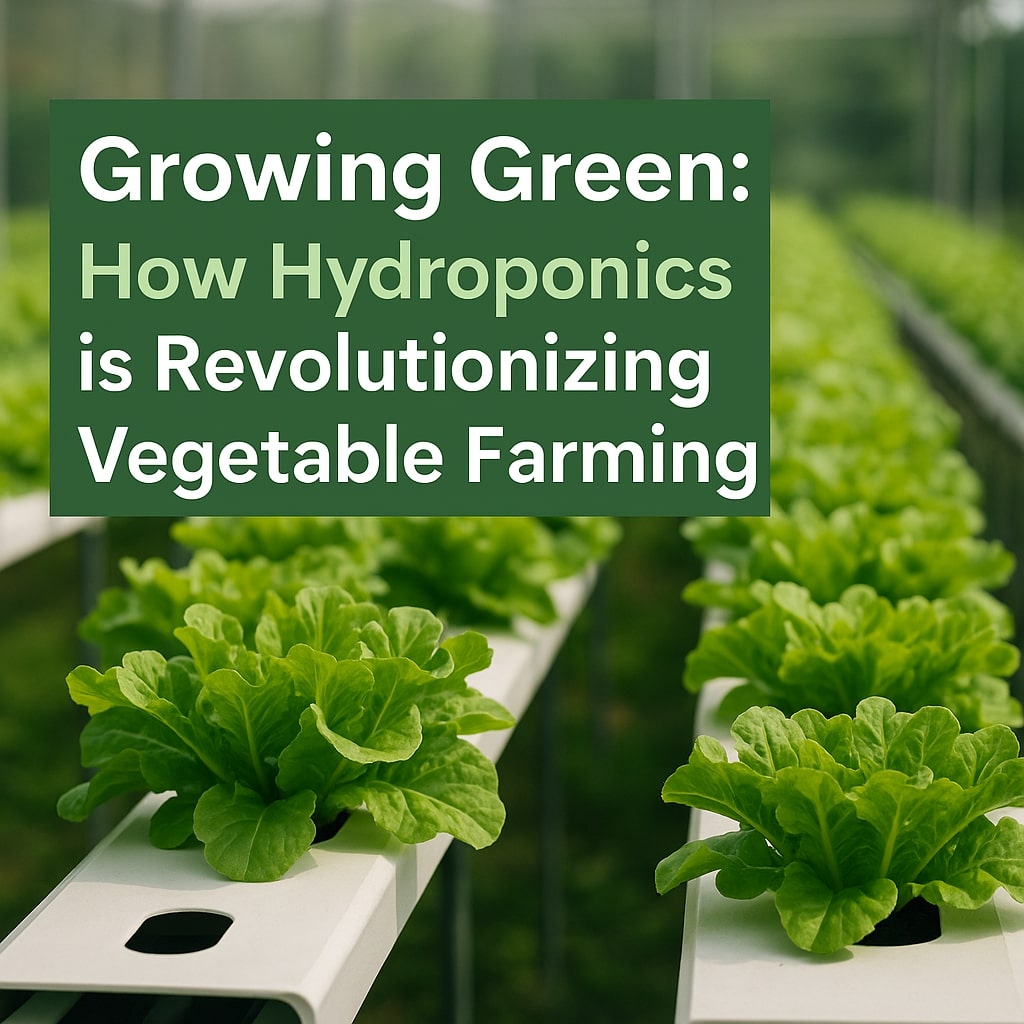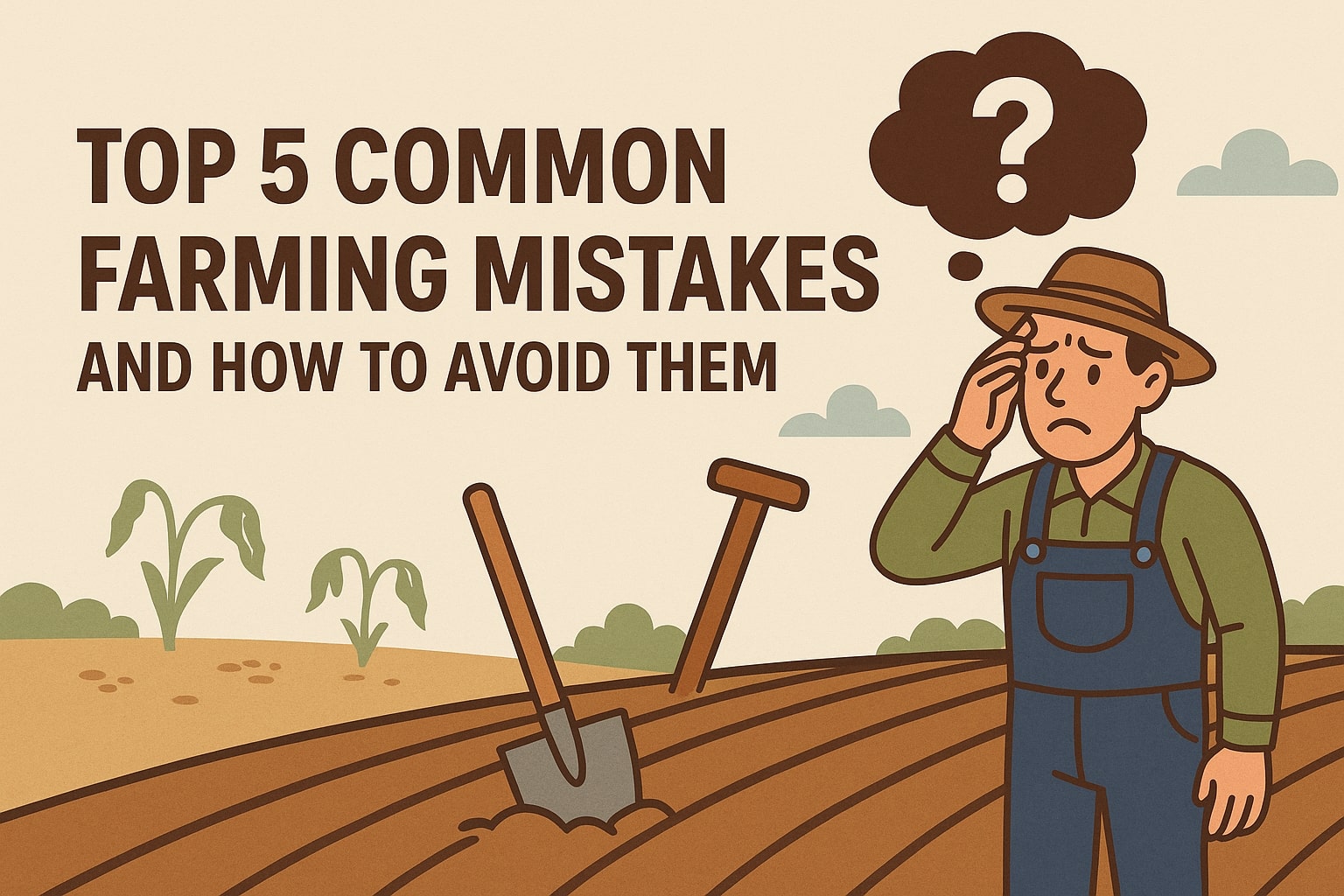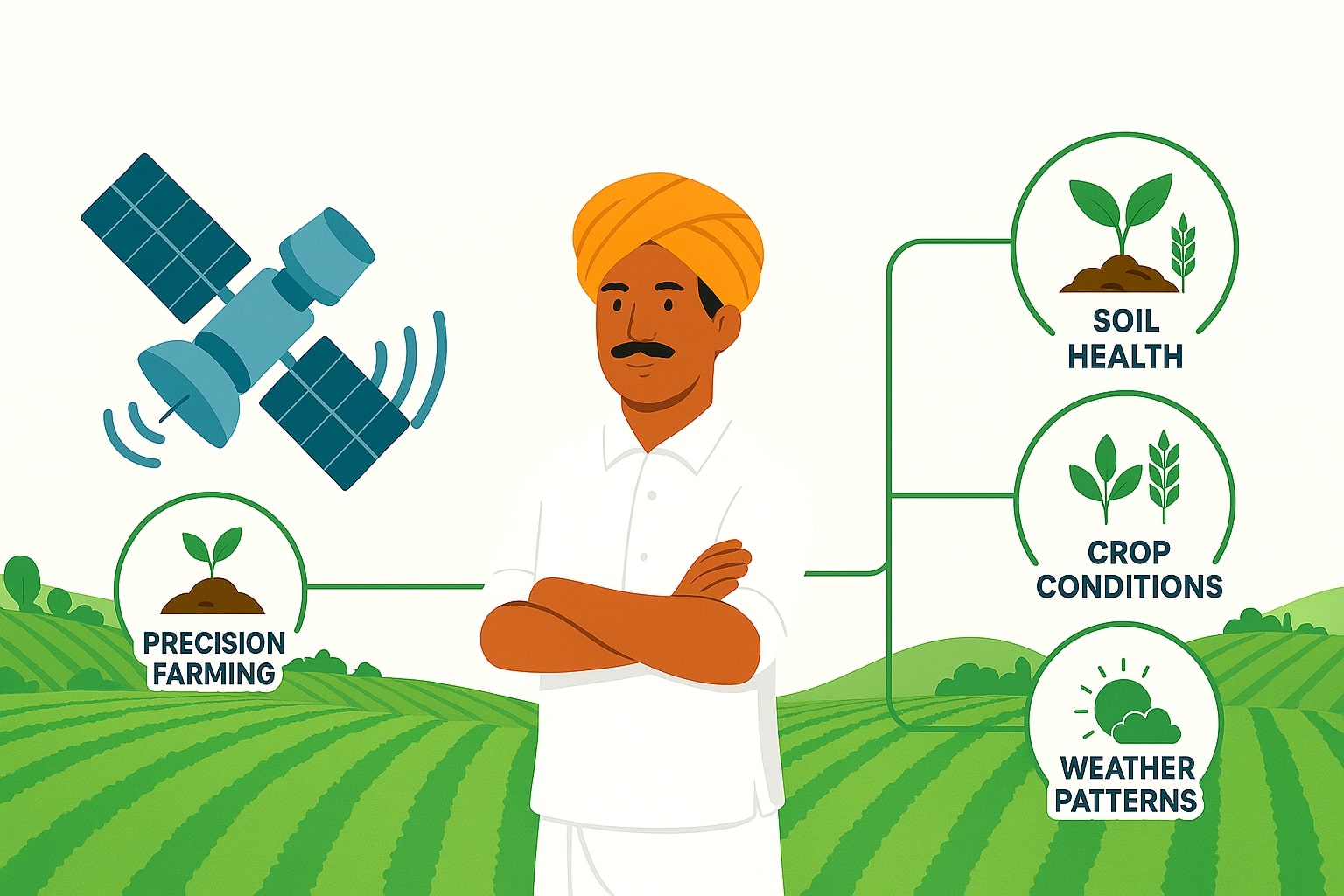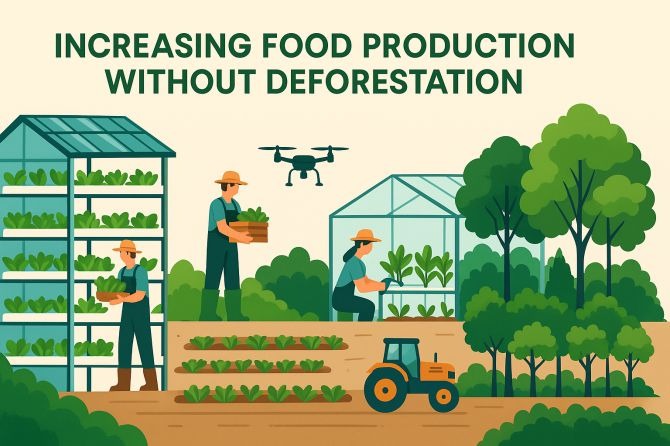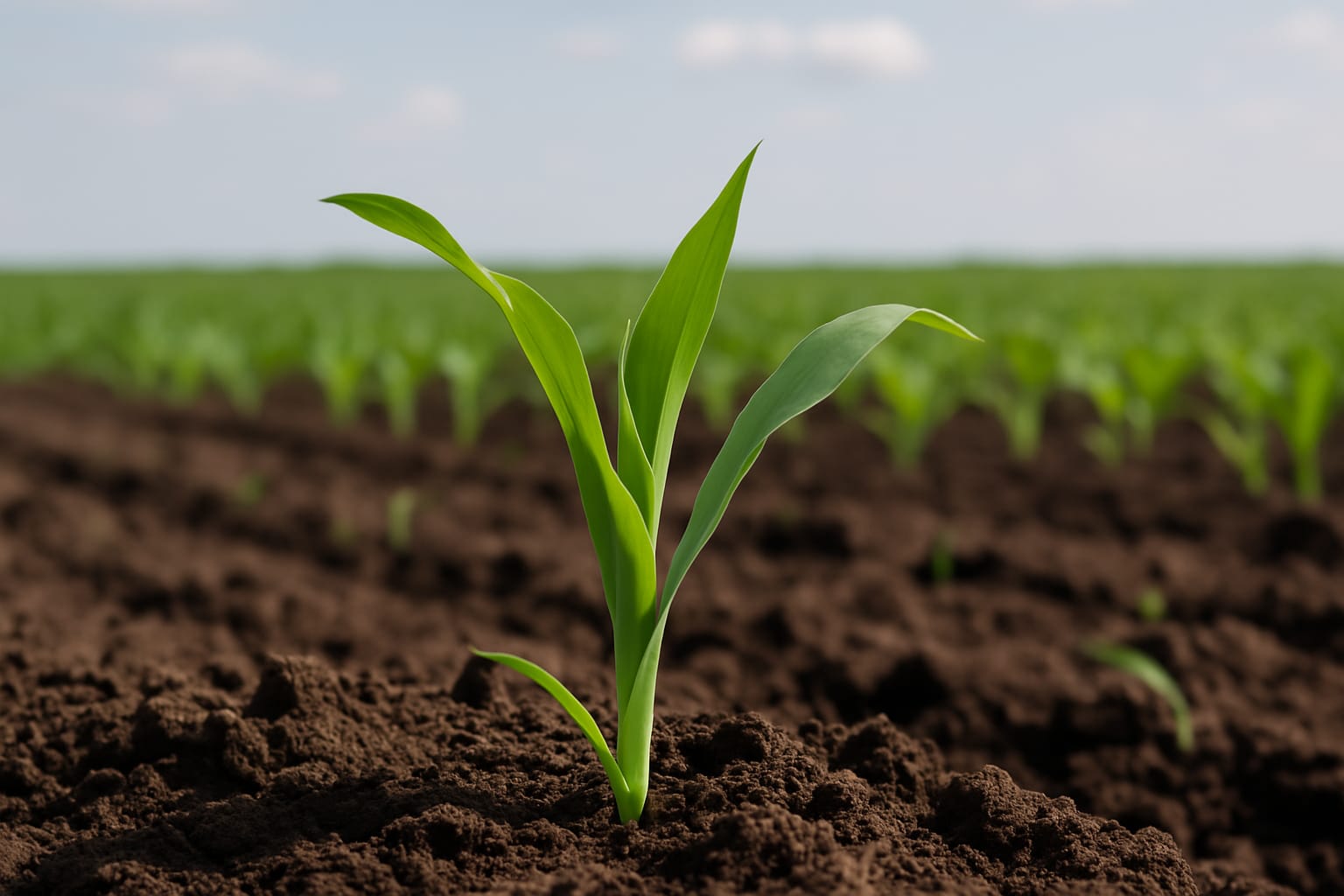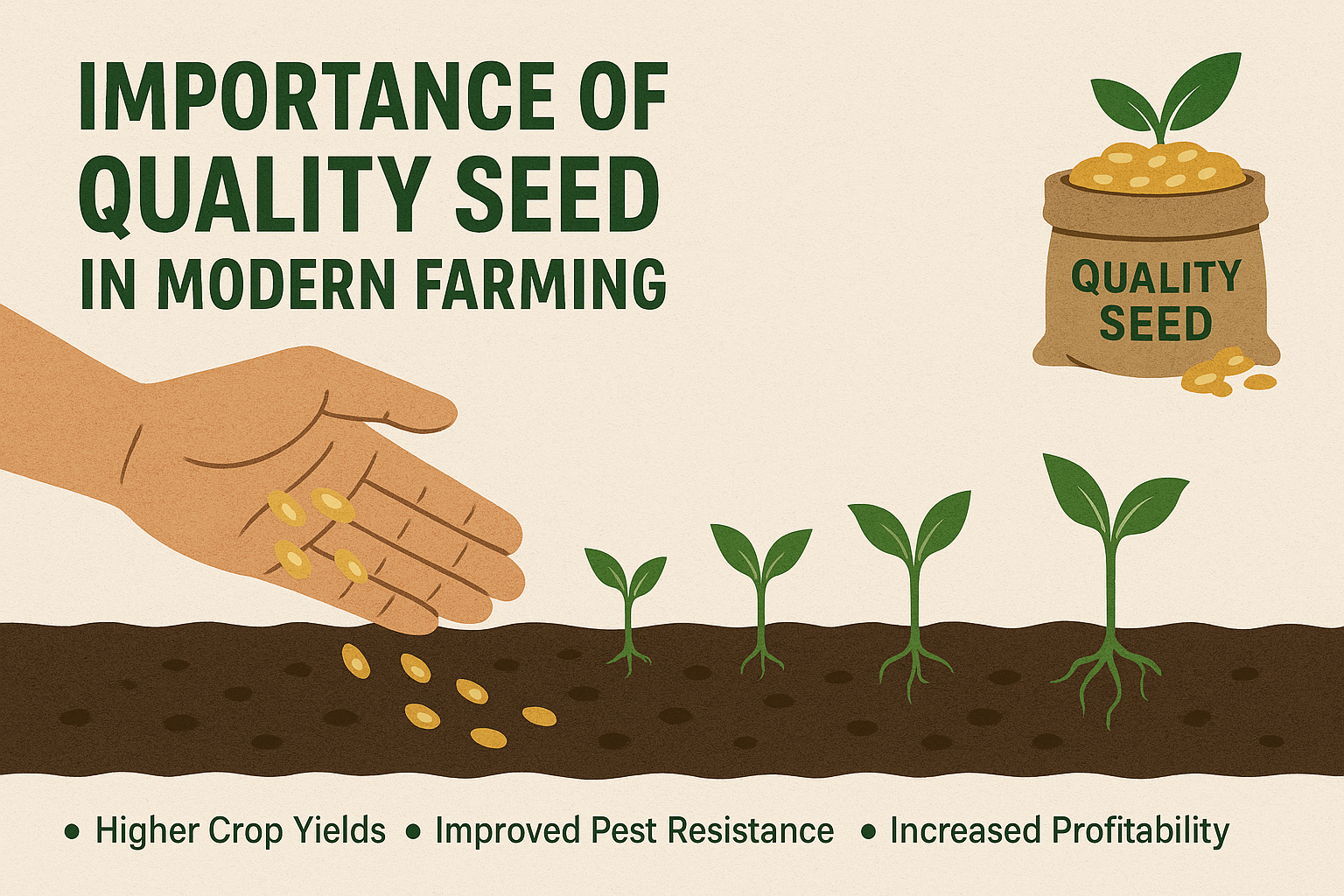In the fast-paced changing world of farming, biotechnology has become a driving force in seed innovation and crop enhancement. With an increasing global population and climate change problems escalating, the need for resilient, yield-positive, and nutrient-dense crops has never been more urgent. Biotechnology is changing the face of conventional farming, providing green solutions that build food security and environmental well-being.
What is Biotechnology in Agriculture?
Biotechnology is the application of scientific methods and instruments to alter plants and animals and micro-organisms for the betterment of agriculture. In the case of seeds and crops, biotechnology implies creating new varieties with higher traits such as resistance to drought, pest and higher nutritional value.
How Biotechnology transforms Seed Innovations?
- Enhanced Crop Yield-
Biotech seeds are designed to mature more rapidly, utilize nutrients in a better way, and survive suboptimal conditions. This translates into increased yields per acre, assisting farmers in keeping up with increasing food needs without having to increase farmland.
- Pest and Disease Resistance-
Through genetic modifications, seeds can now develop built-in resistance to common pests and diseases. For example, Bt cotton and Bt maize contain a gene from the bacterium Bacillus thuringiensis, which protects plants from harmful insects—significantly reducing the need for chemical pesticides.
- Drought and Stress Tolerance-
Biotechnology has made it possible to create seeds that can handle tough weather conditions like drought, high salinity, and extreme temperatures. These climate-resilient seeds are especially important for farmers in areas facing unpredictable rainfall and water shortages, helping them maintain good harvests even when nature doesn’t cooperate.
- Improved Nutritional Quality-
Through biofortification, seeds are modified to enhance the nutritional content of crops. A popular example is Golden Rice, enriched with Vitamin A to combat malnutrition in developing countries.
Benefits for Farmers and the Environment-
- Lower Input Cost-
Biotech Seeds require fewer Pesticides and Fertilizers which save farmer money.
- Higher Profitability-
Improved yields and better-quality crops mean more earnings for growers.
- Sustainable Farming-
These seeds help produce more using less land, water, and chemicals—supporting long-term agricultural health.
- Soil and Water Conservation-
Less chemical use and better nutrient absorption lead to reduced runoff, preserving both soil quality and water sources.
Biotechnology isn’t just a choice anymore—it’s becoming essential for the future of farming. With growing concerns around food security and climate change, innovative seeds developed through biotech offer practical, long-term solutions. They help farmers grow more with fewer resources, in a way that’s both sustainable and scalable. To truly reshape agriculture worldwide, it’s crucial that these advancements reach every farmer, whether big or small, and that continued investment in research stays a top priority.
